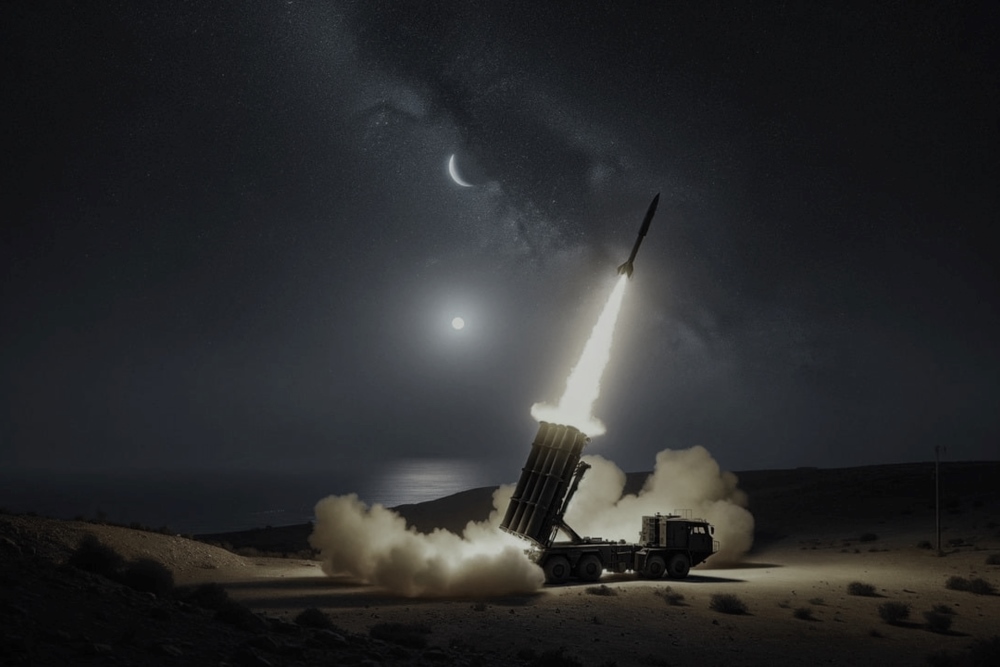
Israel is heading into one of the most volatile strategic periods in its history.
The map of the Middle East is shifting while posing new and old threats: Iran remains an aggressive enemy, Turkey is increasingly hostile, regional states are fragile, AI-driven warfare is transforming the battlefield, and global power balances are tilting.
Moving forward, Israel can no longer rely on the defense doctrines and miltiary tactics of the past. The assumptions that guided Israeli strategy for decades are rapidly becoming obsolete.
The old playbook is dead
For years, Israel operated under the belief that core threats could be “contained,” “managed,” or “mowed” without forcing major strategic change. Hezbollah could be deterred, Hamas isolated, Iran slowed, and regional fronts kept separate.
That paradigm has collapsed.
Iran’s regional network was weakened but is being rebuilt; Hamas may be defeated in Gaza but its ideology persists; the Houthis pose a persistent threat that can’t be easily neutralized; and the Syrian arena remains unstable and penetrated by hostile powers.
In this environment, managing threats is becoming impossible. Israel faces a landscape where multiple fronts can ignite simultaneously, adversaries coordinate across borders, and local flare-ups can rapidly expand into multi-theater crises.
The new wild card: Turkey
Turkey has reemerged as a major power with ambitions increasingly at odds with Israel’s core interests. The expanding Turkish military footprint in the region, combined with advanced arms production and growing naval capabilities, creates a new layer of challenge.
Ankara’s ideological alignment with Islamist movements, its aggressive rhetoric on Jerusalem, and its confrontational posture on multiple fronts, including Gaza and Syria, make it a strategic threat Israel can no longer treat as peripheral.
If current trends persist, Turkey may evolve into a dominant regional military actor, a central hub controlling energy and maritime chokepoints, and a political patron for anti-Israel currents in both the Mideast and Europe.
A Turkey that is increasingly assertive, interventionist, and ideologically charged could ultimately replace Iran as the most immediate threat near Israel’s borders.
While Ankara’s ties to the West may serve as a restraining factor, the United States and other Western powers have recently demonstrated a growing willingness to tolerate Turkish provocations.
For Israel, this is an alarming development.
Urgent strategic overhaul
Israel’s security horizon is defined by converging storms: regional instability, great-power realignment, technological transformation, and intensifying diplomatic pressures.
The assumptions that once structured Israel’s strategic environment are eroding, and the threats around it are becoming more dynamic, coordinated, and volatile.
Understanding these challenges is the essential first step toward shaping a new national security strategy to navigate an increasingly unpredictable region. The task is urgent. Israel must embark on this strategic overhaul now, before the next crisis forces it to do so under far harsher conditions.


